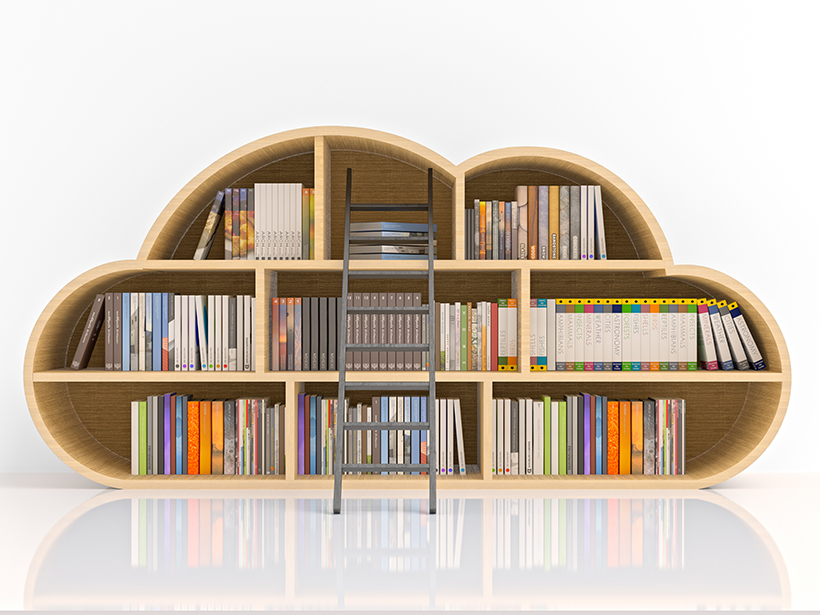I challenge you to take a look at the books on your office or classroom shelf and see how well they represent the breadth of what you want your students to encounter.
Are you trying to “play it safe” with modern-day classics such as To Kill a Mockingbird, I Know Why the Caged Bird Sings, Catcher in the Rye, Bless Me, Ultima, or Of Mice and Men?
Or maybe, like Ann Morgan notes in her TED talk, you find your shelf too full of books by North Americans so you diversify it,
adding books like The Kite Runner, One Hundred Years of Solitude, and The Namesake. Or you look to add gender diversity to your collection and include Fun Home, The Misdemeanors of Cameron Post, or Two Boys Kissing.
You might also want to add genre and subgenre diversity so you include Persepolis, The Glass Castle, The Giver, and Feed. And if you feel the need to include more YA books, you’ll add All American Boys and Athletic Shorts or YA classics like The Chocolate War or A Day No Pigs Would Die.
You may want to include some of your students’ favorites, like The Absolutely True Diary of a Part-Time Indian, The Fault in Their Stars, Chinese Handcuffs, Eleanor and Park, Speak, The Hate U Give, or Monster. Perhaps you even decide to include books that have been made into movies such as The Perks of Being a Wallflower, Looking for Alaska, or Thirteen Reasons Why.
Applause! Your book shelf is filling up and your collection is somewhat varied and diverse.
But here’s the thing. Each one of the books mentioned above has been challenged and most likely will be challenged again. Catcher in the Rye, for example, has been challenged every year since its publication as a novel in 1951.
Why are these books challenged? Because these books are out in the public and get noticed. Mostly because they’re good books that we teach and make available to our students. And, in some cases, because they are also movies.
But wait! Don’t empty those shelves for “safe” books—there’s no such thing anyhow. Just prepare yourself for a complaint that will hopefully never come. Follow Jeff Kaplan’s suggestions in The Censors Are Coming: What You Need to Know and bookmark the link to NCTE’s Intellectual Freedom Center, both for reference and just in case a book on your shelf is challenged.
And now, may your bookshelf overflow with all the wealth and breadth of good and varied reading that challenges your students to think, to venture into other worlds, and to vicariously enjoy a multiplicity of experiences!

